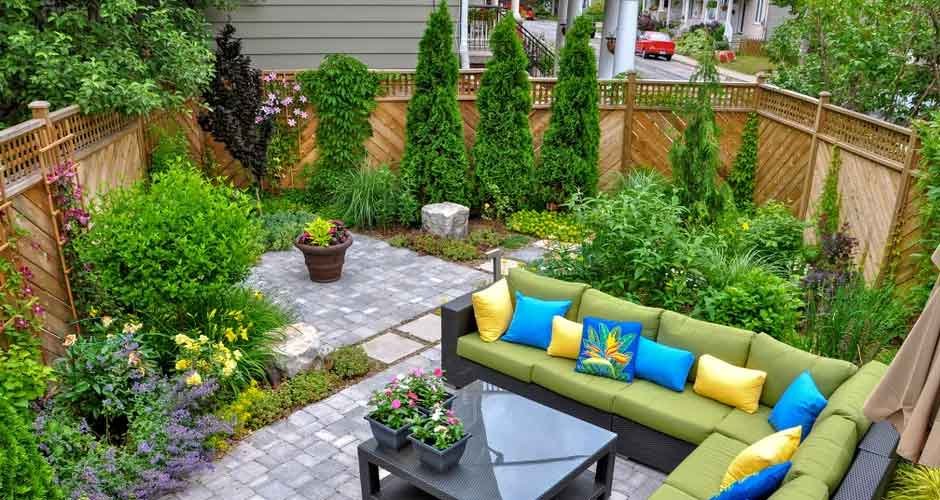Having a beautiful garden doesn’t have to come at the cost of harming the environment. With increasing awareness of sustainability and eco-consciousness, many gardeners are turning to more environmentally friendly practices.
From reducing water waste to avoiding harmful chemicals, there are numerous eco-friendly choices you can make for your garden maintenance that benefit both your plants and the planet.
Water Conservation
Conserving water is crucial for sustainable gardening. Consider installing a drip irrigation system or collecting rainwater in barrels for watering your garden. Mulching keeps moisture in the soil, which reduces the need for frequent watering. Additionally, watering early in the morning or late in the evening minimizes evaporation and ensures that plants absorb water more effectively.
Composting
Instead of relying on chemical fertilizers, create your own compost using kitchen scraps, yard waste, and other organic materials. Compost boosts the soil with essential nutrients and also improves soil structure, promoting beneficial microbial activity. By composting, you’re reducing the amount of waste sent to landfills and providing your garden with a sustainable source of nutrients.
Natural Pest Control
Try not to use chemical pesticides that can harm beneficial insects, birds, and other wildlife. Instead, go for natural pest control methods such as companion planting, where certain plants repel pests or attract beneficial insects. Introduce predator insects like ladybugs or lacewings to keep pest populations in check. Neem oil, garlic spray, and insecticidal soap are also effective and eco-friendly alternatives for controlling common garden pests.
Native Plants
Incorporating native plants into your garden adds beauty and also supports local ecosystems. Native plants are well adapted to the climate and soil conditions of your region, and require less water, fertilizer, and maintenance compared to exotic species. They also give food and habitat for native wildlife, contributing to biodiversity conservation.
Organic Mulch
Use an organic mulch like wood chips, straw, or shredded leaves to suppress weeds, retain soil moisture, and regulate soil temperature. Organic mulches break down over time, which enriches the soil with organic matter and reduces the need for synthetic fertilizers. Additionally, mulching helps to prevent soil erosion and compaction, promoting healthier root growth and overall plant vigor.
Permeable Surfaces
When designing your garden landscape, choose permeable surfaces such as gravel paths or permeable pavers instead of solid concrete or asphalt. Permeable surfaces allow rainwater to infiltrate the soil, replenishing groundwater supplies and reducing runoff and soil erosion. Incorporating permeable surfaces also helps mitigate urban heat island effects by allowing heat to dissipate into the ground.
Natural Lawn Care
Maintain your lawn using natural and eco-friendly practices. Leave grass clippings on the lawn to decompose and return nutrients to the soil. Mow your lawn at a higher setting to promote deeper root growth and shade out weeds. Consider replacing some turf grass with native ground covers or low-maintenance alternatives that require less water and mowing.
When using lawn mowers, opt for electric or manual reel mowers instead of gas-powered ones. You can even get electric zero-turn mowers that produce fewer emissions and are quieter, while manual reel mowers are entirely emission-free and provide you with a great workout while you’re maintaining your lawn.
Sustainable Garden Tools
Choose garden tools made from sustainable materials such as bamboo or recycled steel. Opt for hand tools over power equipment whenever possible to reduce energy consumption and air pollution. Maintain your tools properly to prolong their lifespan and reduce the need for replacements.



